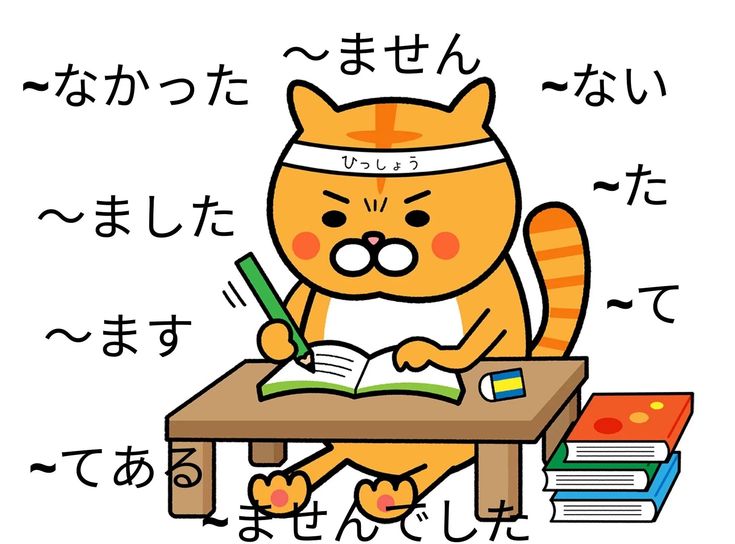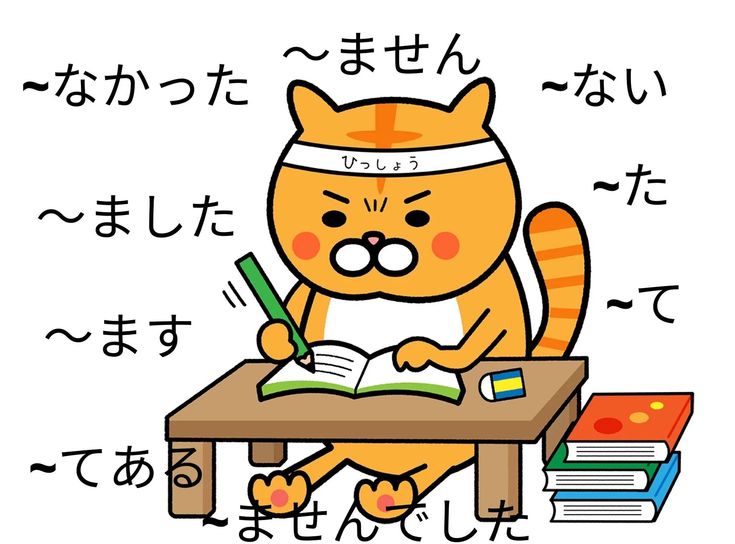
15 Phrases Commonly Used in Japanese That Will Aid in Your Japanese Language Learning

Learning a new language can be an intimidating but rewarding experience. Japanese is considered one of the most difficult languages for native English speakers to pick up. However, learning common Japanese phrases can help kickstart your language skills. In this article, we’ll go over 15 useful and frequently used phrases in Japanese that you can start using right away.
1. Ohayou (おはよう)
One of the first phrases you’ll need to know is “good morning.” In Japanese, you would say “ohayou” (おはよう) to greet someone in the morning hours. It’s pronounced as “oh-HAH-yoh.” You’ll hear this regularly if you ever visit Japan. Knowing this phrase shows you have basic manners when addressing Japanese speakers.
2. Konnichiwa (こんにちは)
Similarly, “konnichiwa” (こんにちは) is essential for saying “hello” or “good afternoon” to someone. It’s said as “ko-nn-nee-chee-wah.” Use this whenever greeting or meeting a Japanese person during daylight hours. It’s respectful yet casual. You’ll gain bonus points for politeness if you bow slightly when saying it.
3. Konbanwa (こんばんは)
Once evening hits, switch out “konnichiwa” for the phrase “konbanwa” (こんばんは). It means “good evening.” Pronounce it “kohn-bahn-wah.” Use it when meeting someone or acknowledging them at night. It shows you’re aware of the proper greetings based on time of day.
4. Arigatou (ありがとう)
The most common Japanese phrase you’ll need to know is “thank you,” which is “arigatou” (ありがとう) in Japanese. It’s said like “ah-ree-GAH-toh.” Use it when expressing gratitude for any reason, whether someone holds the door for you or gives you a gift. Regularly using this phrase shows your appreciation and politeness.
5. Doumo Arigatou Gozaimasu (どうもありがとうございます)
You can level up your “thank you” by saying “doumo arigatou gozaimasu” (どうもありがとうございます). This means “thank you very much.” The pronunciation is “DOH-moh ah-REE-gah-toh goh-ZIE-mahs.” Use this phrase when you want to emphasize your gratitude for something someone has done. It’s considered very polite.
6. Sumimasen (すみません)
For saying “excuse me” or “I’m sorry” in Japanese, use “sumimasen” (すみません). It’s pronounced “soo-mee-mah-SEN.” This is handy for gently getting someone’s attention, apologizing for an error, or asking someone to repeat themselves. Regular use of “sumimasen” shows respect and humility.
7. Sayonara (さようなら)
When it’s time to part ways with someone, you’ll need the phrase “sayonara” (さようなら). It means “goodbye.” Pronounce it “sah-yo-NAH-rah.” Use it when leaving a location, ending a conversation, or signing off. It has a sense of finality and closure compared to other greetings.
8. Oyasuminasai (おやすみなさい)
Before going to bed, use “oyasuminasai” (おやすみなさい) to wish someone a good night. This literally translates to “have a restful sleep.” Pronounce it “oh-yah-soo-mee-nah-sigh.” It can be used among friends, family, or coworkers as you’re turning in for the day.
9. Itadakimasu (頂きます)
An essential phrase you’ll use during meals is “itadakimasu” (頂きます). It’s said as “ee-tah-dah-kee-mahs” and means “I humbly receive this meal.” Japanese people say it before eating to give thanks for the food. Use it yourself before digging in to show manners.
10. Gochisosama (ご馳走様)
Once you finish your meal, express your gratitude by saying “gochisosama” (ご馳走様). Pronounced “go-chee-soh-sah-mah,” this means “thank you for the meal.” It shows appreciation for those who prepared and served you food.
11. Ogenki desu ka? (お元気ですか?)
To ask someone “How are you?” in casual Japanese, say “ogenki desu ka?” (お元気ですか?). It translates to “Are you well/healthy?” and is pronounced “oh-gehn-kee deh-soo kah.” This is a polite way to inquire about someone’s wellbeing in a lighthearted manner.
12. Hai (はい)
For responding with “yes” or “okay,” use the ubiquitous phrase “hai” (はい). Simply pronounced “high,” this versatile word will come in handy constantly in Japanese conversations. Use it to politely acknowledge or agree with someone.
13. Iie (いいえ)
On the flip side, for saying “no” you’ll need “iie” (いいえ). Pronounced “ee-eh,” this is the opposite of “hai.” It allows you to decline something or politely disagree in a respectful way. Use it sparingly to avoid offense.
14. Wakarimashita (分かりました)
When you understand something, respond with “wakarimashita” (分かりました). This means “I understand.” Say it as “wah-kah-ree-mah-shi-tah.” Use it when someone explains something to you or gives you directions to acknowledge you’ve comprehended it.
15. Yoroshiku onegaishimasu (よろしくお願いします)
Lastly, “yoroshiku onegaishimasu” (よろしくお願いします) is a crucial phrase. It means “please treat me well” and you use it when meeting someone for the first time. Pronounced “yoh-roh-she-koo oh-neh-gai-shee-mahs,” it establishes a polite, humble tone for future encounters.
Wrap Up
I hope this overview of 15 basic Japanese phrases gives you a foundation to start conversing in Japanese. Try practicing these common words and expressions regularly. Use them in the appropriate social contexts. You’ll notice people appreciate the effort. Don’t get flustered if you mispronounce something at first – Language learning is a journey. With continued practice and persistence, you’ll be chatting comfortably in Japanese in no time. Gambatte (がんばって), or “good luck!“
Why Choose MultiBhasa for Your japanese Language Course?
When it comes to learning Japanese in Delhi, MultiBhasa stands out as an exceptional choice. Here’s why:
- Affordable pricing: Each level of our japanese language course is priced at just ₹15,000, making quality language education accessible to all.
- Comprehensive learning package: We provide free study materials, ensuring you have all the resources you need to succeed.
- Career support: Our placement assistance helps you leverage your new language skills in the job market.
- Personalized approach: We offer individual counseling sessions to address your unique learning needs and goals.
- Experienced instructors: Our team of language experts is dedicated to your success.
At MultiBhasa, we’re committed to helping you achieve your language learning goals in a supportive and engaging environment. Contact us on +91 91133 93188 to book your demo session today!
Frequently Asked Questions
Q: What’s the best way to learn pronunciation in Japanese?
A: Listening to native audio recordings and mimicking them is the best way to refine your Japanese pronunciation. Asking a native speaker for feedback also helps identify areas for improvement. Start slowly, focusing on accuracy over speed.
Q: Are there differences between casual and formal Japanese phrases?
A: Yes, Japanese has casual forms and more polite/formal forms depending on the situation. Use formal phrases when meeting elders, strangers, or superiors. With friends or young people, casual forms are generally acceptable. Know the difference.
Q: Do I need to learn Japanese characters right away?
A: No, you can start by focusing on the spoken language first. But over time, learning hiragana, katakana, and some kanji will allow you to read signs, menus, etc. Take it slowly step-by-step.
Q: What are some strategies for memorizing Japanese phrases?
A: Associating phrases with visuals, repeatedly writing them out, using digital flashcards/quizzes, and seeking conversation practice can help cement new phrases into your memory. Find strategies that work for your learning style.